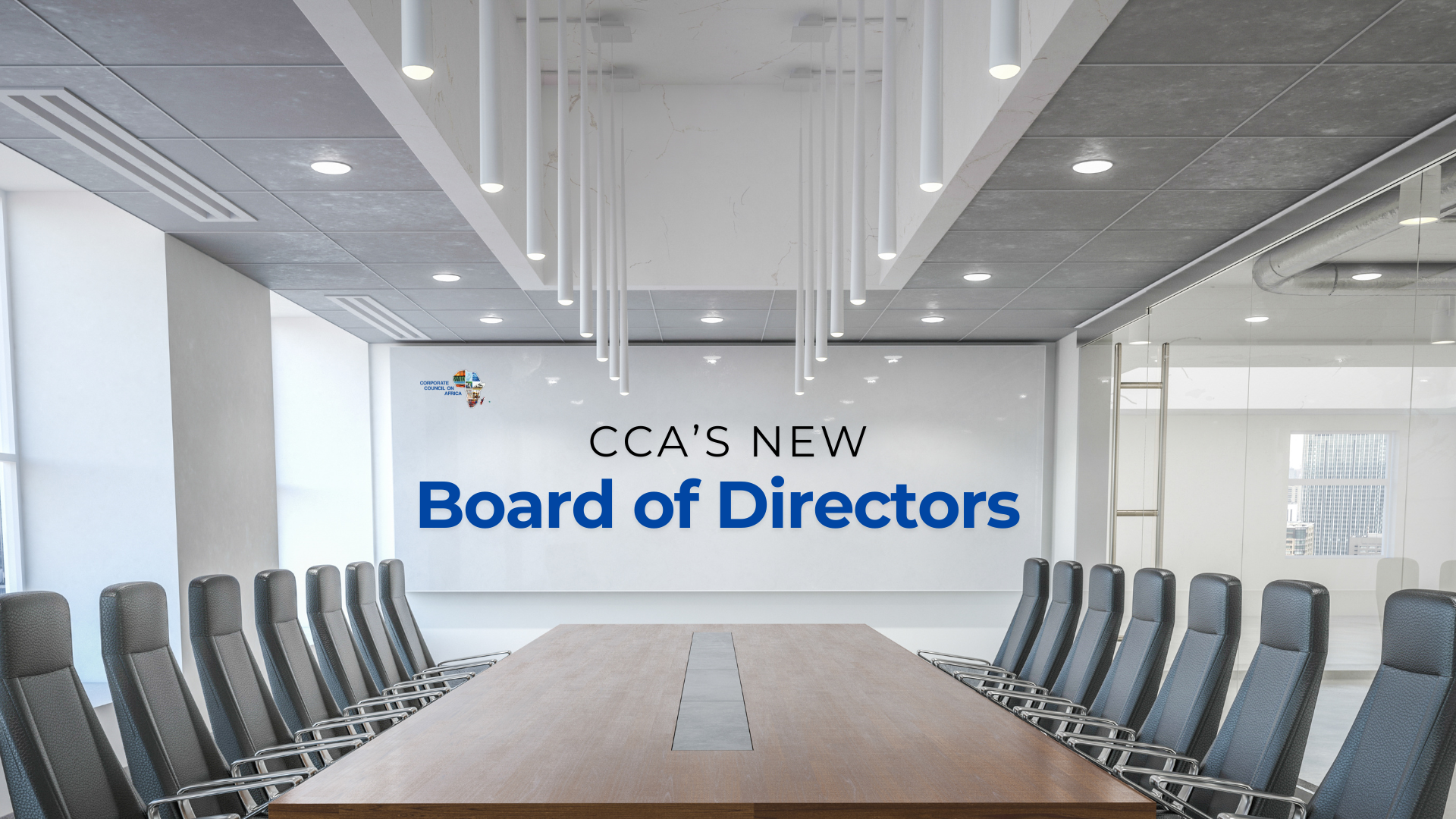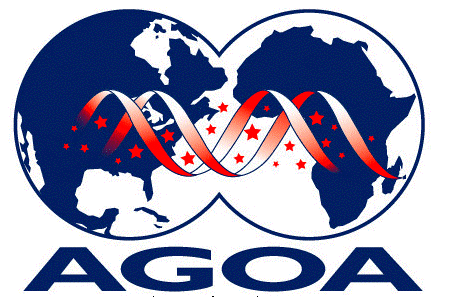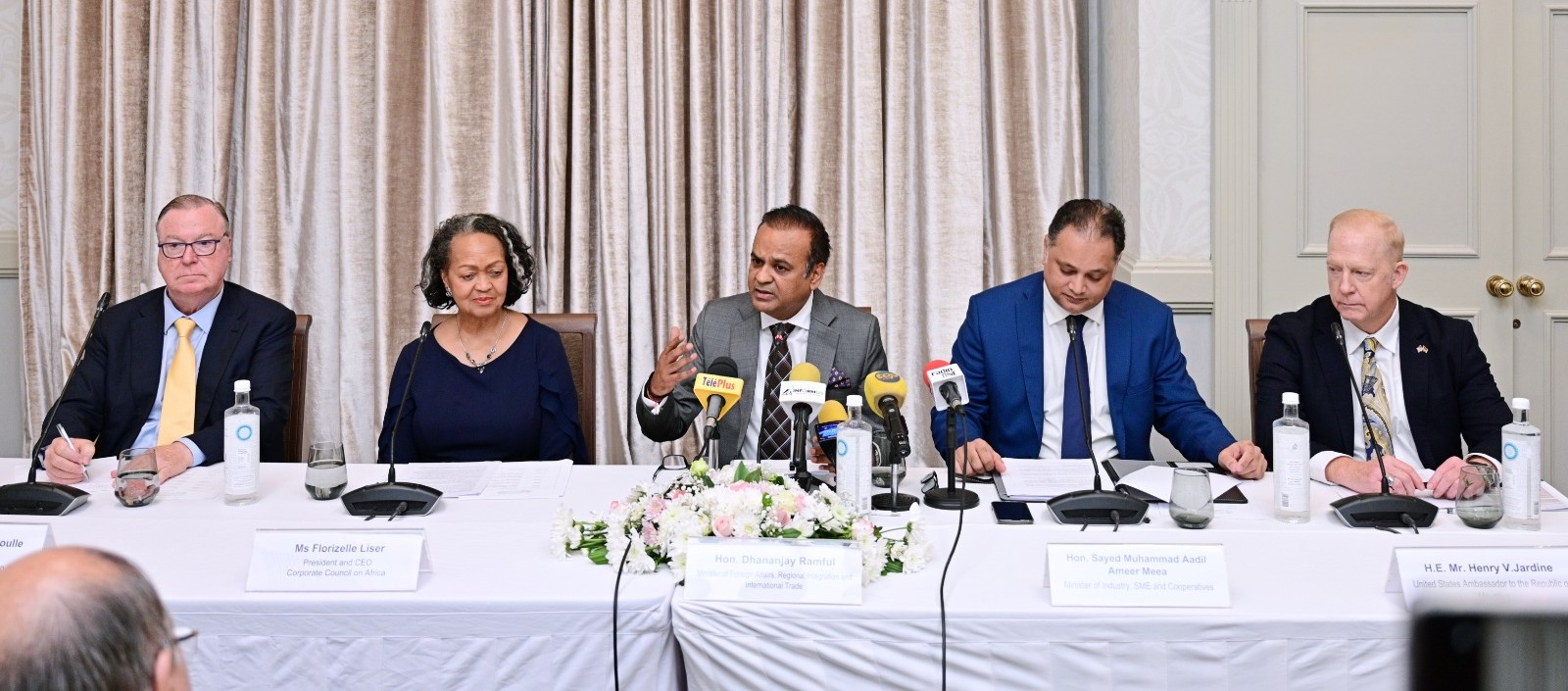Nigerian Government and Private Sector Response to COVID-19
On June 16, 2020, Corporate Council on Africa hosted a webinar on the Nigerian government and private sector response to COVID-19 featuring Senator Olorunnimbe Mamora, Minister of State, Federal Ministry of Health, Nigeria and Dr. Chikwe Ihekweazu, Director General of the Nigeria Centre for Disease Control (NCDC). Florie Liser, President and CEO of Corporate Council on Africa moderated the event.H.E. Mamora began the discussion by stating that Nigeria presently has over 16,000 Coronavirus cases with a 3% mortality rate. In response, the government has monitored borders, created laboratories, and enforced social distancing. The President of Nigeria H.E. Buhari has inaugurated a 12-member multisectoral presidential taskforce to manage the national response to COVID-19. This task force coordinates high-level stakeholder engagement across the private sector, capacity building, needs assessments, educating the public, and resource mobilization. The president also created an economic sustainability committee to determine what a post-COVID-19 economy will look like for Nigeria. The private sector has contributed to the response by providing PPEs, logistics, ventilators, and other medical consumables.According to H.E. Mamora, routine programs, including those for malaria, tuberculosis, and HIV/AIDS have suffered from social anxieties to go to medical facilities during the pandemic. As Nigeria eases lockdown restrictions, H.E. Mamora advocated for people to take primary responsibility for their health despite social restlessness.Dr. Ihekweazu informed viewers of Nigeria CDC’s country response to COVID-19. Nigeria CDC, so far, has increased lab infrastructure from 5 to 33 laboratories, trained just under 15,000 healthcare personnel, implemented the use of modern systems that allows real-time response, deployed over 300 staff in almost every state and increased training capacity. They have worked with local NGOs to emphasize hygiene practices and social distancing and supported the establishment of Public Health Emergency Operations Centers in every state. Dr. Ihekweazu referred to the creation of Africa CDC as one of the most important decisions ever made by African governments affirming that it will drive collective action on the continent. He further highlighted Nigeria CDC as leading the way for the infection, prevention, and control program for Africa CDC.Both the Nigerian Health Ministry and Nigeria CDC have received significant support from the World Health Organization, the African Union, and the West Africa Health Organization. Looking forward, H.E. Mamora views telemedicine, and eventually e-learning, as important investments that will change the health and education landscape. Over the next six months, Nigeria CDC will continue to mitigate the impact of the pandemic, building their workforce, and bend the curve of COVID-19 cases and deaths. H.E. Mamora acknowledged the importance of the partnership between the government and the private sector to strengthen health systems first starting at the primary level. Dr. Ihekweazu closed by stressing the significance of collective action for collective health security.Ms. Liser closed out the webinar by commending Dr. Ihekweazu and H.E. Mamora for their work in managing health and socio-economic response in Nigeria. In her final statements, she welcomed viewers to CCA’s Leaders Forum that will be held on June 23 – 26, 2020.



